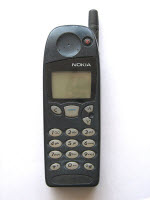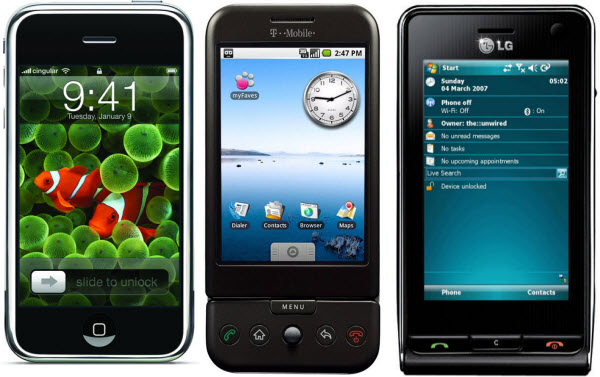 The growth of smartphones and tablets worldwide continues to expand at an exponential rate. Consumers are given three main OS choices: iOS, Android, or Windows Phone. There are others like RIM’s BlackBerry and going even further back, Java and the now dead Symbian OS and good luck to you if you choose them.
The growth of smartphones and tablets worldwide continues to expand at an exponential rate. Consumers are given three main OS choices: iOS, Android, or Windows Phone. There are others like RIM’s BlackBerry and going even further back, Java and the now dead Symbian OS and good luck to you if you choose them.
Choosing between iOS, Android, and Windows Phone sounds like a difficult choice, but each operating system provides the same core functionality. Basic functions like making calls, managing contacts, and text messaging are all the same. The only significant difference is in the different app stores.
The App Store, Google Play Store, and the Windows Marketplace all have different amounts and varieties of apps. The majority of the most popular apps are supported on each of these operating systems. Gaming and productivity apps differ based on popularity with iOS and Android in first and second place. But when you consider the operating systems in what they can do, there isn’t that big of a difference.
Integration of services into the OS, like Facebook and Twitter in iOS, your Google account in Android, and your Microsoft account into Windows Phone may change your initial impressions, but there are apps that can provide the same functions. iOS has Siri, Android has Google Now, and Windows Phone 8 has live tiles, but none of those exclusive features make that OS the must have.
For all the hype that Apple, Google, and Microsoft place on their operating systems, you can easily survive with any of them. Unless you need to download every popular app ever released, choosing one OS over another isn’t that big of a deal anymore. iOS has steadily improved features while keeping the same, boring user interface for years. Android is finally making sense with Android 4.0 and higher, though carrier updates to the operating system is the most annoying thing ever. And Windows Phone 8 is….Windows Phone 8.
Each company is directing their attention on different types of consumers and while I’m sure the marketing campaigns are helping, it’s not that interesting anymore. If you’ve been using one operating system for years, switching to another may be frustrating since you have to importing and re-syncing all your previous accounts and information, but you’re going to get the same usability with a different visual interface.

So when friends tell you their operating system is superior to yours, tell them it doesn’t matter. You might be missing that new “awesome-photo-social-location-text-network-startup-best-thing-ever” app because it’s only on iOS, but really, taking pictures with your phone doesn’t mean anything with all the added filters.
I used to be an iOS-only user and now use Android for phone and tablets. I’ve tested Windows Phone 7.5, Java, BlackBerry, and Symbian. Editors in the Softonic team switched from iOS to Android and Android to iOS citing their own reasons.
Everyone has their OS preference for a different reason, but all current operating systems are the the same – built to connect people with each other in the most annoying ways possible.

